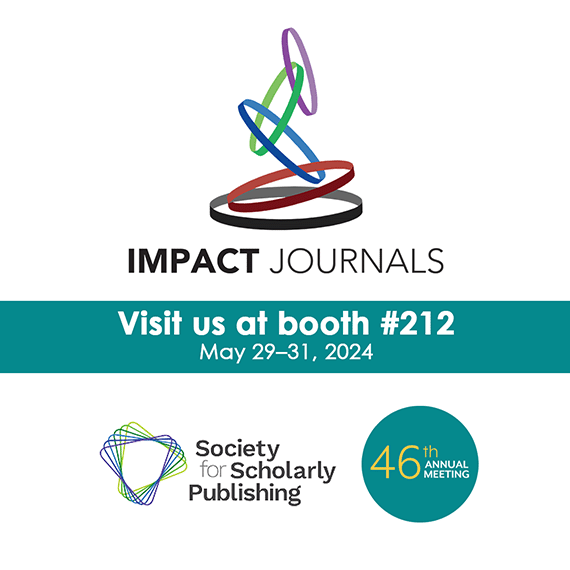Research Papers:
The relationship between polymorphisms of XRCC5 genes with astrocytoma prognosis in the Han Chinese population
Metrics: PDF 1314 views | HTML 1993 views | ?
Abstract
Xue He1,2,3,*, Xikai Zhu1,2,3,*, Lei Li4,5, Jiayi Zhang6, Ruipeng Wu1,2,3, Yuan Zhang1,2,3, Longli Kang1,2,3, Dongya Yuan1,2,3, Tianbo Jin1,2,3,6
1Key Laboratory for Molecular Genetic Mechanisms and Intervention Research on High Altitude Disease of Tibet Autonomous Region, School of Medicine, Xizang Minzu University, Xianyang, Shaanxi 712082, China
2Key Laboratory for Basic Life Science Research of Tibet Autonomous Region, School of Medicine, Xizang Minzu University, Xianyang, Shaanxi 712082, China
3Key Laboratory of High Altitude Environment and Gene Related to Disease of Tibet Ministry of Education, School of Medicine, Xizang Minzu University, Xianyang 712082, Shaanxi, China
4Department of Thoracolumbar Spine Surgery, Second Affiliated Hospital of Inner Mongolia Medical University, Hohhot 010000, China
5Inner Mongolia Medical University, Hohhot, Inner Mongolia 010050, China
6Key Laboratory of Resource Biology and Biotechnology in Western China, Ministry of Education, School of Life Sciences, Northwest University, Xi’an 710069, China
*joint first authors
Correspondence to:
Tianbo Jin, email: [email protected]
Dongya Yuan, email: [email protected]
Keywords: astrocytoma, prognosis, overall survival, single nucleotide polymorphism
Received: May 30, 2016 Accepted: October 26, 2016 Published: November 11, 2016
ABSTRACT
Background: Gliomas are highly malignant with a poor prognosis. Studies have reported that DNA repair genes influence risk for glioma, but its relationship with prognosis is unclear. In this study, we want to explore the relationship between DNA repair genes (XRCC3, XRCC4 and XRCC5) and prognosis of astrocytoma in the Chinese Han population.
Materials and Methods: 160 astrocytoma cases were recruited in our study. Survival probabilities were estimated by using Kaplan–Meier analysis, and significant differences were analyzed by using the log-rank test. Cox proportional hazards models were used to analyze the associations between genotypes with astrocytoma survival. Hazard ratios (HR) and 95% confidence intervals (CI) were estimated using multivariable models. All tests were two-sided and p < 0.05 was considered to be significant.
Results: The SNP (rs9288516) in XRCC5 (HR: 1.69, 95%CI: 1.04 - 2.77, p = 0.049), surgical approach (HR: 0.61, 95%CI: 0.43 - 0.88, p = 0.003) and chemotherapy (HR: 0.71, 95%CI: 0.50 - 0.99, p = 0.029) were associated with astrocytoma prognosis. Further, the “A/A” genotype of rs9288516 in XRCC5 (HR: 1.67, 95%CI: 1.02 - 2.72, p = 0.042) had significantly outcomes after adjusting for potential confounders, patients with poor tumor differentiation and the coexistence of the unfavorable genotypes.
Conclusion: These results suggest that polymorphisms of XRCC5 play an important role in astrocytoma prognosis in the Chinese Han population which could be used in the determination of astrocytoma prognosis in clinical researches.
 All site content, except where otherwise noted, is licensed under a Creative Commons Attribution 4.0 License.
All site content, except where otherwise noted, is licensed under a Creative Commons Attribution 4.0 License.
PII: 13297
